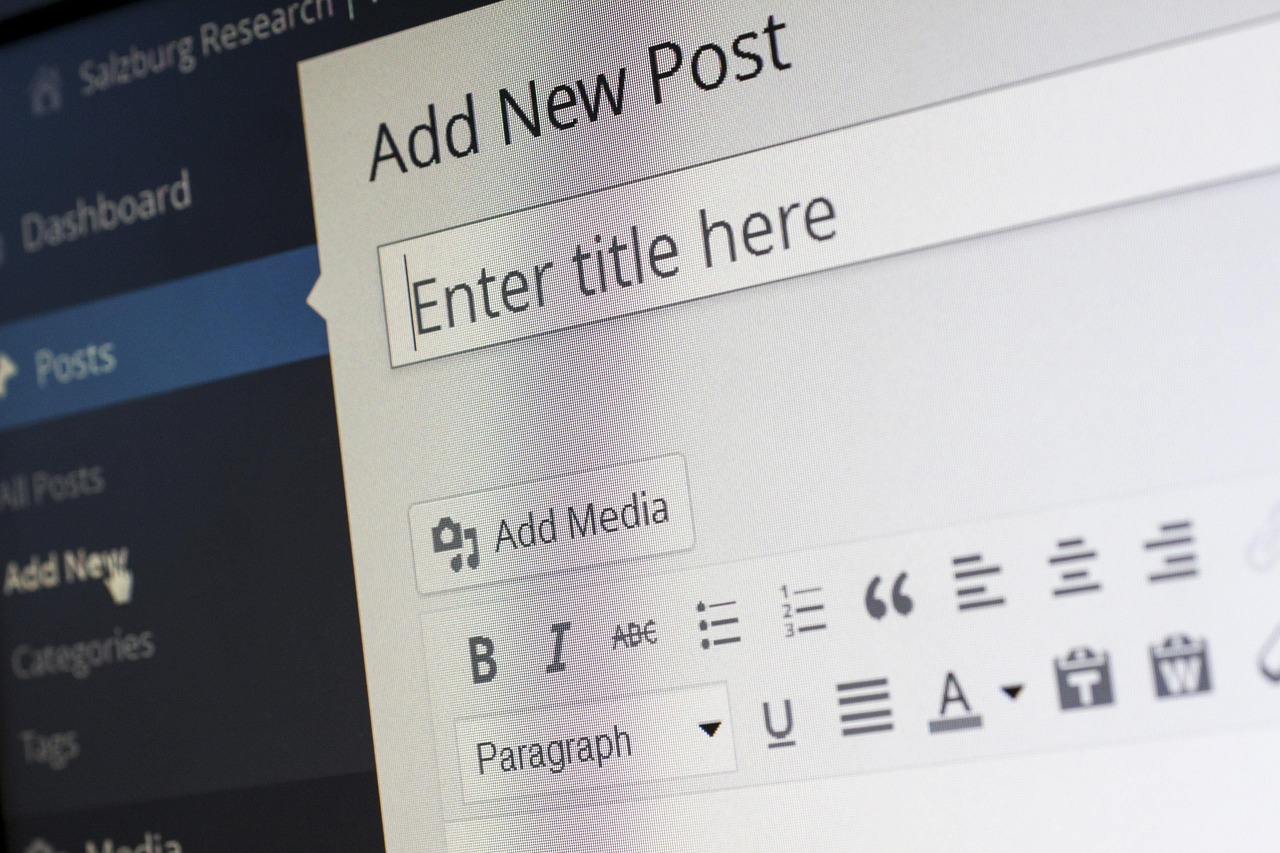Some days ago, we summarized the main changes of the new, Horizon 2020 Annotated Model Grant Agreement 5.0 (published during the summer) and their potential effect on the projects’ cost reporting.
However, having a new AMGA with several changes and updates on the eligibility rules are not the only changes that took place in the last months. Those of you who are using the Participant Portal frequently (by the way, have you noticed the “all-new” Funding and tender opportunities portal?) might have noticed a new menu item on the left side: between My Projects and My notification(s), with a pretty scary name: My Audit(s). So far, ours is “empty”, but a new action button appeared: AA stands for Access to Audits. In addition to this, a new section was added to the reference documents, called Audit templates, including links to things like “List of supporting documents for the Audit” or “Detailed cost breakdown”. When clicking on any of these new documents an empty word file opens, with a single line: Documents coming soon… I think this is quite classy.

Obviously, the first thing you may ask, what are these good for, and what do they mean? Now, either we all missed something important communicated by the EC previously, or it was not done loud enough, or maybe it’s just us who missed it. Apparently, it looks like that even the audit procedures in the future will be the same “faceless” procedure as now the cost reporting is: no face-to-face interaction between the auditors and the audited entity, just request(s) and list(s) of documents sent electronically to the Beneficiary, who uploads them to the Participant Portal. At least, this is how it looks right now.
My first impressions and concerns can be summarized under 2 main points:
- How do you feel about uploading salary slips (including strictly confidential personnel information), employment contracts, mission reports, invoices, and all those hundreds of supporting documents usually requested by the auditors to a server other than yours? Mainly now, when everything is echoing the GDPR?
- So far, at least during the audit itself you had the chance to explain yourself and your calculation methods to the auditors in person, as they were at your premises – this fact (besides some minor disadvantages…) gave you many benefits: discussing and negotiating the findings real time, often convincing them that your approach is as good as requested officially, even if it may not look fully in line with the rules at first sight. I don’t think this makes things better or faster.
Of course, my concerns above are fully hypothetic, as no further information or communication are available at the moment. Nevertheless, I think from now on it’s even more crucial to be fully updated with the financial reporting rules and the EC audit processes.
Finally, I promise we will get back to you on this once further information are available!
I look forward to discussing these in more detail and hearing your feedbacks and experiences at the upcoming H2020 Finance Academy in Budapest or at one of our other training courses on H2020 finances in Brussels, Madrid or Vienna.




